Skin discoloration can be frustrating, especially because not all spots are the same. The key to effective treatment is understanding what kind of spots you have – whether they’re acne marks, hyperpigmentation, or sun damage – so you can use the right products and techniques to fade them. Here’s how to identify each type and the best ways to address them for a more even, radiant complexion.
Acne Marks: The Aftermath of Breakouts
What They Look Like: Acne marks, also called post-inflammatory erythema (PIE) or post-inflammatory hyperpigmentation (PIH), often appear as red, pink, brown, or purple spots left behind after a blemish has healed. They don’t cause texture changes in the skin, meaning they’re purely discoloration rather than scars.
How to Identify:
-
If the spot is red or pink, it’s likely PIE, common in lighter skin tones.
-
If the spot is brown, it’s PIH, which happens more frequently in medium to deep skin tones.
-
These marks tend to fade over time but can linger without targeted treatments.
How to Fade Them:
-
Use Vitamin C: A brightening serum like C Super Serum can accelerate skin turnover and even out discoloration.
-
Try Niacinamide: This ingredient helps regulate pigmentation and supports the skin barrier.
-
Exfoliate Regularly: Gentle exfoliation with AHAs or BHAs, such as in AC+ Oil-Free Cleanser, helps slough away discolored cells.
-
Always Wear SPF: Sun exposure can make acne marks darker and more persistent. Use a broad-spectrum sunscreen daily. (Stay tuned for SPF news!)
Hyperpigmentation: An Overproduction of Melanin
What It Looks Like: Hyperpigmentation refers to patches of skin that appear darker than the surrounding area due to excess melanin production. It can be triggered by sun exposure, hormonal fluctuations, or skin injuries.
How to Identify:
-
If your dark spots appeared after a sunburn or inflammation, they’re likely post-inflammatory hyperpigmentation (PIH).
-
If your dark patches are symmetrical and appear on the forehead, cheeks, or upper lip, they may be melasma, a form of hyperpigmentation linked to hormones.
-
These spots can be stubborn and require consistent treatment.
How to Fade Them:
-
Incorporate a Potent Brightening Serum: TRI C Serum, with its three types of Vitamin C, helps fade hyperpigmentation and evens skin tone.
-
Use Retinol at Night: A Super Retinol Serum accelerates skin cell turnover, helping to break up pigment clusters.
-
Pair with SPF: UV exposure worsens hyperpigmentation, so daily sunscreen application is non-negotiable.
Sun Damage: The Accumulation of UV Exposure
What It Looks Like: Sun damage often presents as dark brown sunspots (also known as age spots or liver spots) that appear on the face, hands, and other areas exposed to sunlight. Unlike acne marks and melasma, sunspots develop gradually due to years of UV exposure.
How to Identify:
-
If your spots appear in areas frequently exposed to the sun, like the forehead, cheeks, or hands, they are likely sunspots.
-
These spots tend to be darker than PIH and melasma and don’t fade as easily on their own.
-
They may be more prominent with age.
How to Fade Them:
-
Exfoliate and Brighten: Regular use of C+A Neck Serum, which combines Vitamin C and AHAs, can help fade sunspots over time.
-
Apply Antioxidants Daily: Products rich in Vitamin C and E help neutralize free radicals that contribute to sun damage.
-
Prioritize Sun Protection: Sunscreen is your first line of defense. Even if you’re treating sun damage, prevention is key. (We're looking out for you – stay tuned for an exciting Dermasensa update!)
How to Prevent Future Spots
While treatments can help fade discoloration, prevention is always better than correction. Here’s how to keep your skin clear and even-toned:
-
Wear SPF Daily: UV rays worsen every type of discoloration, so a broad-spectrum SPF is essential.
-
Avoid Picking at Pimples: This can lead to long-lasting acne marks and scarring.
-
Incorporate Antioxidants: Vitamin C, E, and peptides help protect skin from free radical damage.
-
Stay Consistent with Skincare: A well-rounded routine with gentle exfoliation, hydration, and targeted treatments will maintain healthy, even-toned skin.
By identifying what type of spots you have, you can tailor your skincare routine to fade them effectively. Whether you’re dealing with acne marks, hyperpigmentation, or sun damage, Dermasensa has scientifically backed solutions to help you achieve radiant, even skin. Love the skin you’re in and take proactive steps toward your most confident glow!

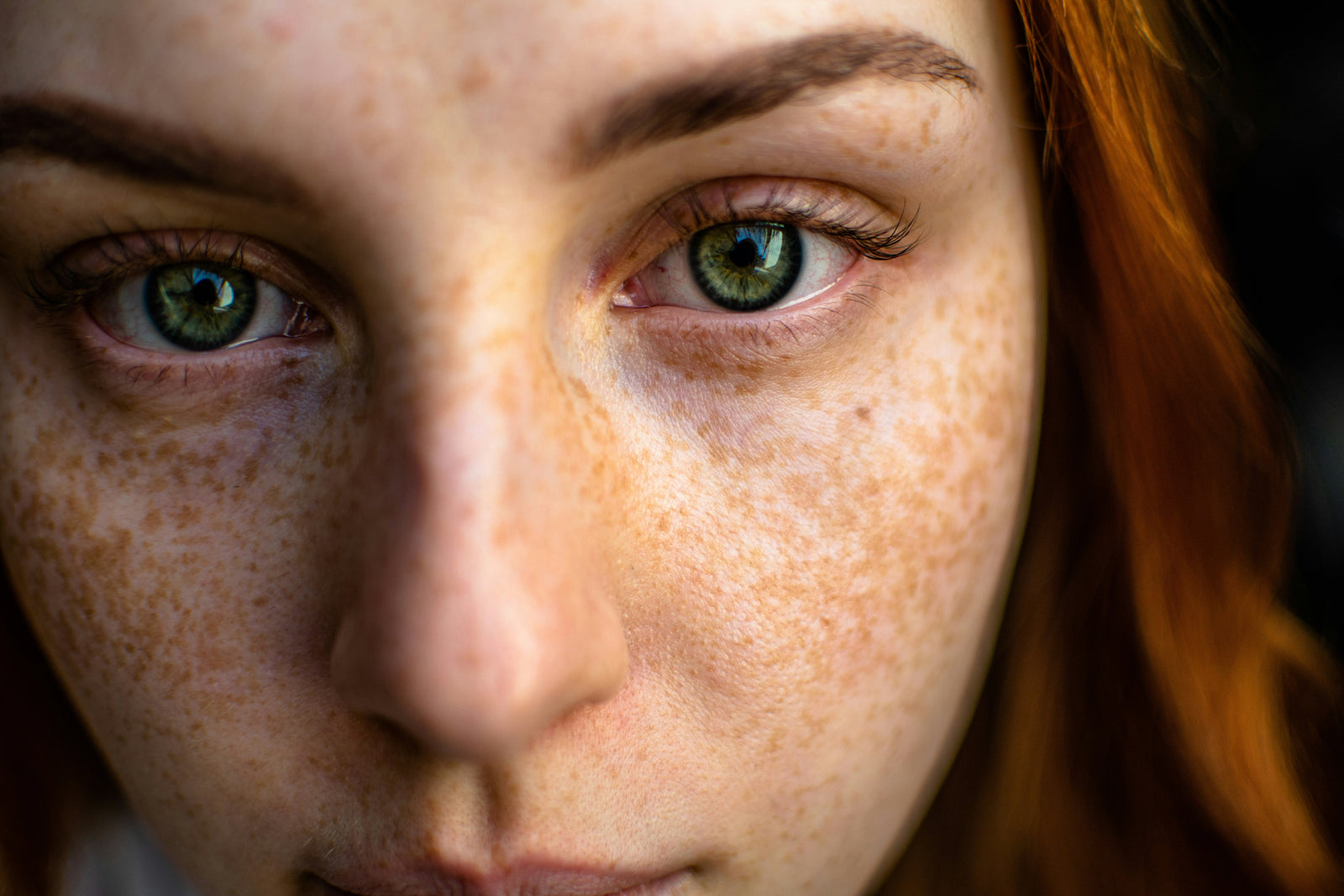



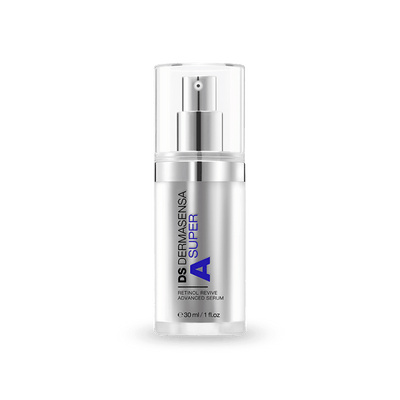
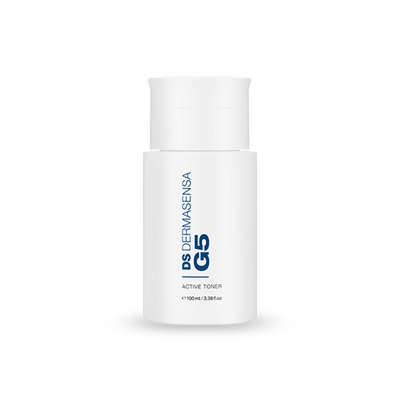
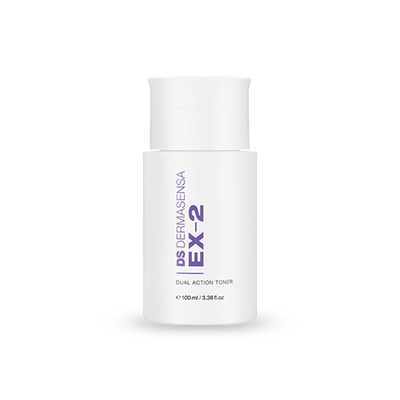
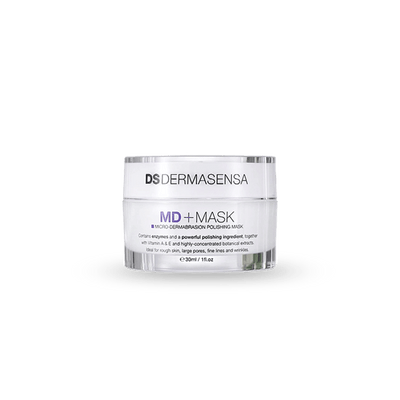
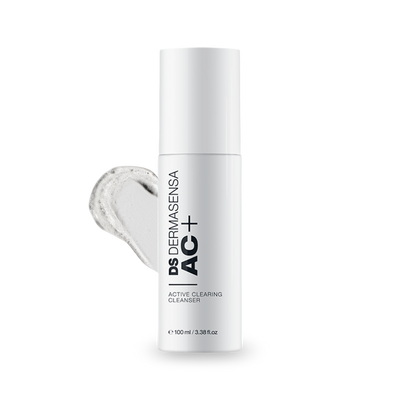

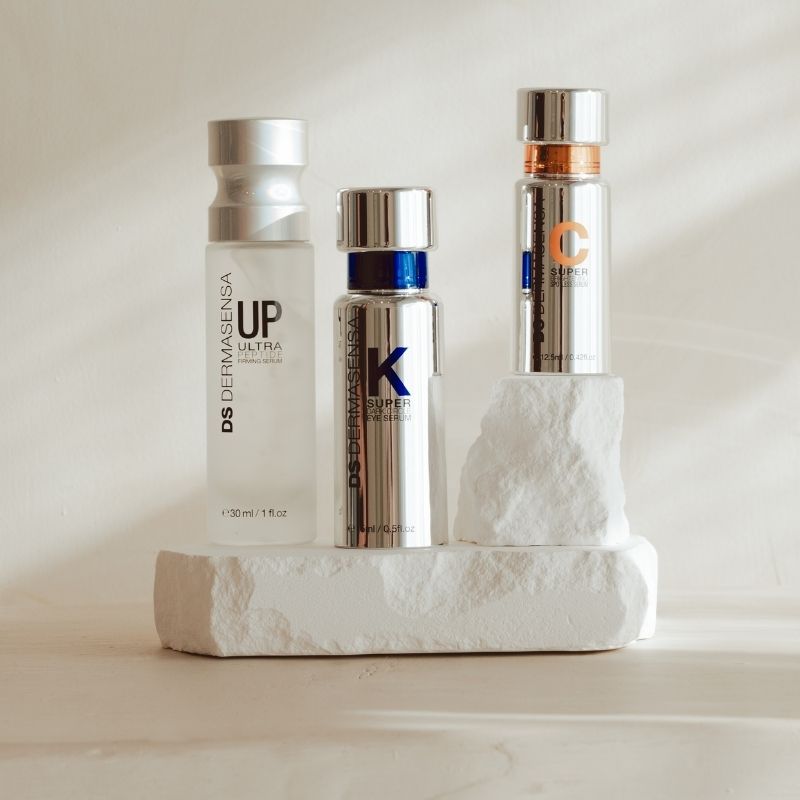
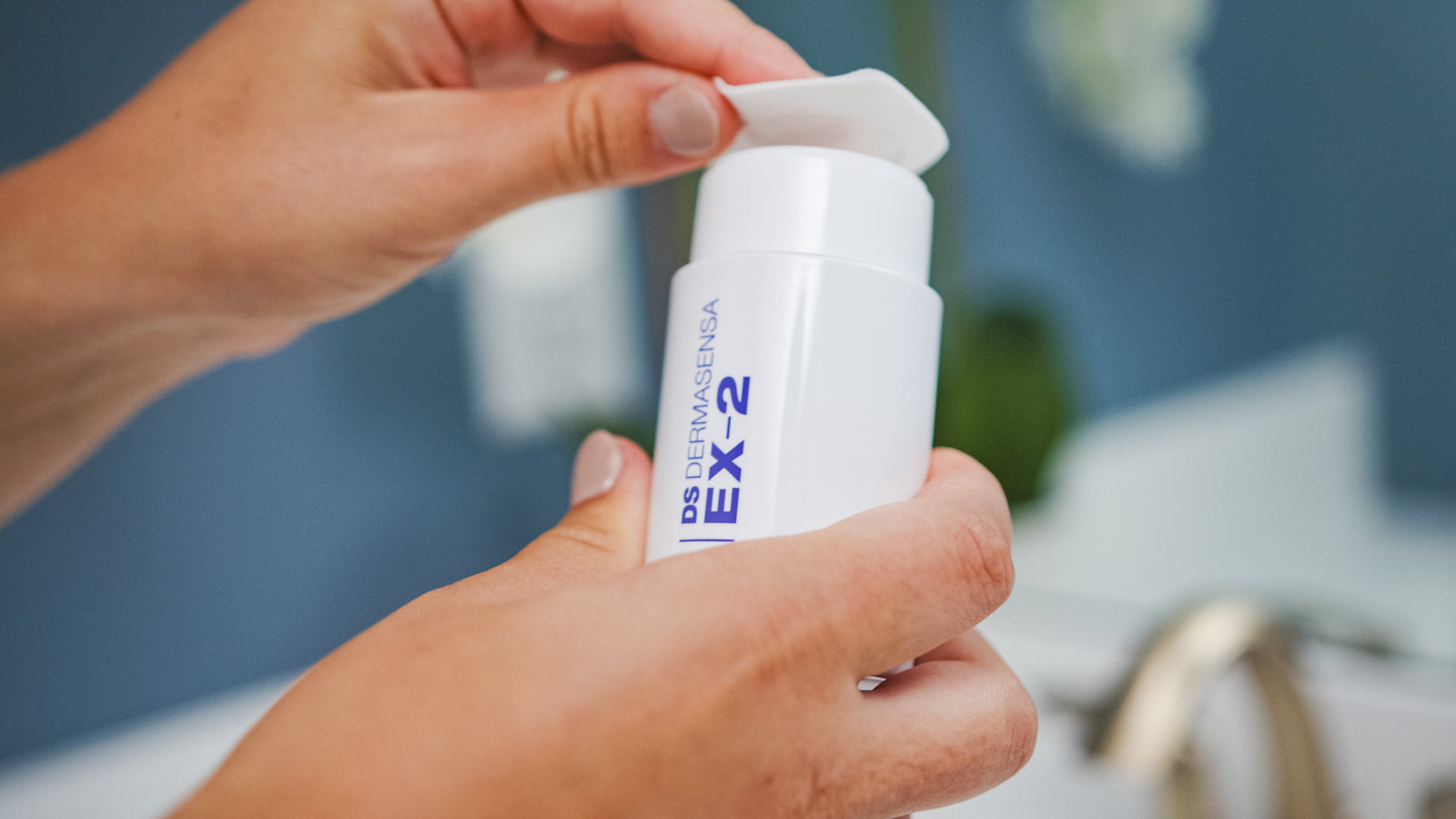
Leave a comment (all fields required)